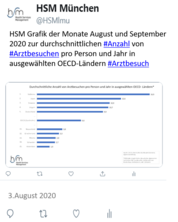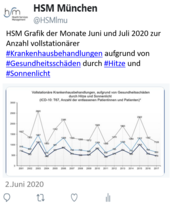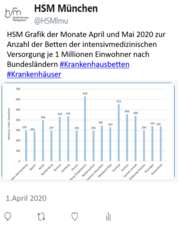Structural changes in the German pharmaceutical market: Price setting mechanisms based on early benefit evaluation
| Autoren/Herausgeber: |
Henschke, C. Sundmacher, L. Busse, R. |
|---|---|
| Erschienen: | 2013 |
| Publikationsart: | Articles in Refereed Journals (International) |
| ISBN/ISSN: | 0168-8510 |
| erschienen in: | Health Policy |
| Weitere Quellenangabe: | Volume 109, Issue 3, Pages 263–269 |
Abstract
In the past, free price setting mechanisms in Germany led to high prices of patented pharmaceuticals and to increasing expenditures in the pharmaceutical sector. In order to control patented pharmaceutical prices and to curb increasing pharmaceutical spending, the Act for Restructuring the Pharmaceutical Market in Statutory Health Insurance (AMNOG) came into effect on 1st January 2011. In a structured dossier, pharmaceutical manufacturers have to demonstrate the additional therapeutic benefit of the newly approved pharmaceutical compared to its appropriate comparator. According to the level of additional benefit, pharmaceuticals will be subject to price negotiations between the Federal Association of Statutory Health Insurance Funds and the pharmaceutical company concerned (or assigned to a reference price group in case of no additional benefit). Therefore, the health care reform is a first step to decision making based on “value for money”. The process of price setting based on early benefit evaluation has an impact on the German as well as the European pharmaceutical markets. Therefore, these structural changes in Germany are of importance for pricing decisions in many European countries both from a political point of view and for strategic planning for pharmaceutical manufacturers, which may have an effect on insured patients’ access to pharmaceuticals.





